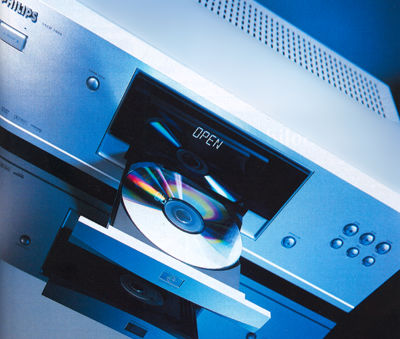
Philips SACD1000 SACD/DVD-Video player Kal Rubinson Followup
Philips SACD1000 SACD/DVD-Video player Kal Rubinson Followup

- Read more about Philips SACD1000 SACD/DVD-Video player Kal Rubinson Followup
- Log in or register to post comments

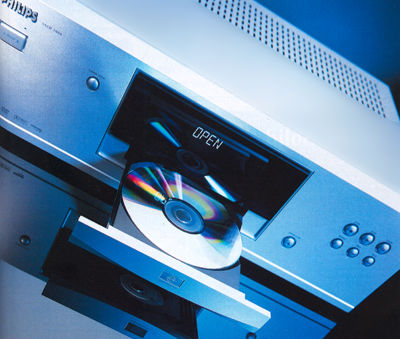
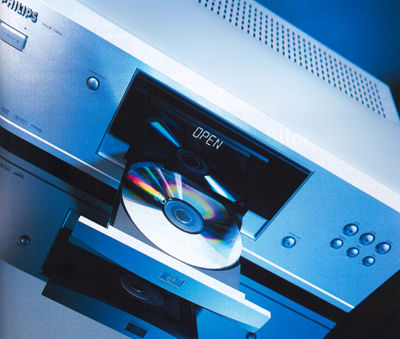
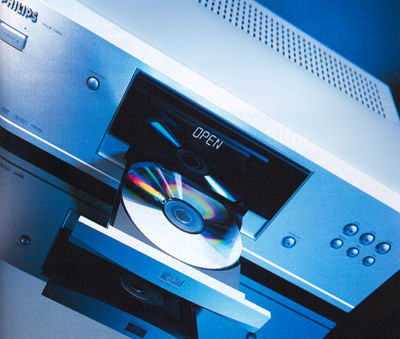
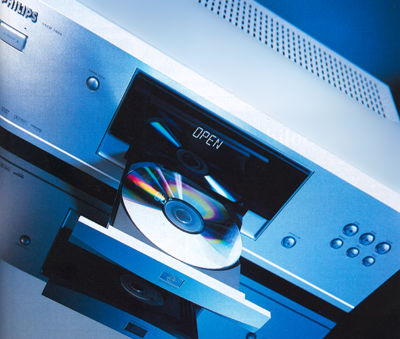
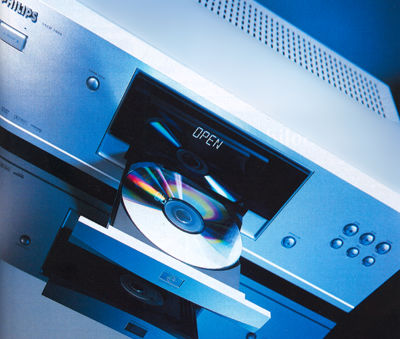
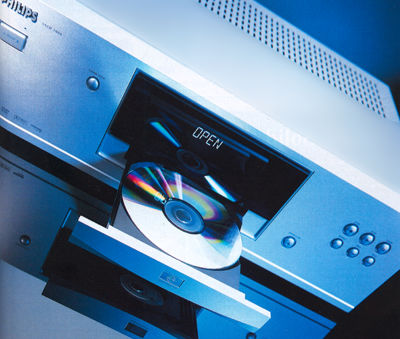
Whether it's the kid's first piano recital, or the neighborhood surf band, sometimes you've just got to record it yourself. But making that magical document of a live audio event is not nearly as easy as it would seem